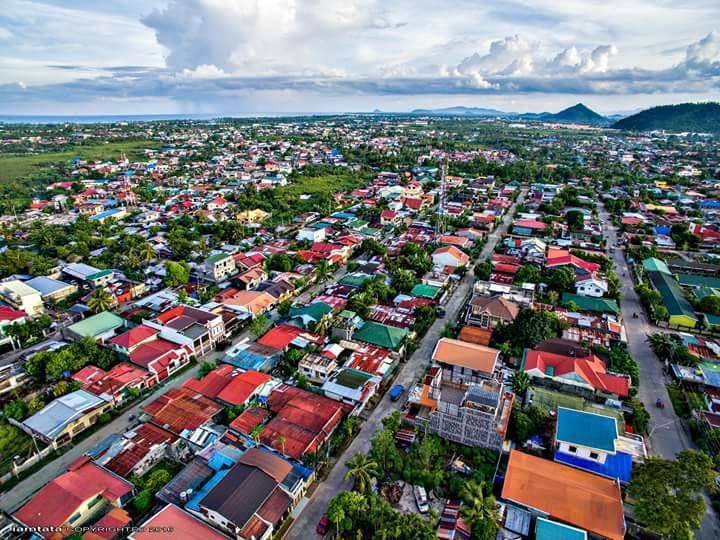As urban sprawl continues to reshape our landscapes, the clash between the development of new subdivisions and the preservation of our natural environment has become increasingly pronounced.
The allure of expanding residential areas, often promising modern amenities and increased property values, must be weighed against the environmental costs that accompany such growth.
Subdivisions typically emerge in response to skyrocketing housing demands, presenting a veneer of convenience and community.
However, the expansion often comes at a price: the destruction of green spaces, wildlife habitats, and irreplaceable ecosystems.
Forests and wetlands, once teeming with biodiversity, are being bulldozed to make way for cookie-cutter homes and asphalt driveways.
This not only disrupts local flora and fauna but also contributes to increased carbon emissions, flooding due to loss of natural water absorption, and deterioration of air quality.
Local governments, grappling with the pressure to accommodate population growth, frequently prioritize immediate economic benefits over long-term ecological sustainability.
Zoning regulations often favor developers, allowing for rapid construction without thorough environmental assessments.
This short-sighted approach disregards the invaluable services that healthy ecosystems provide—clean air, water filtration, and climate regulation.
However, all is not lost. There is a growing movement toward sustainable development practices that prioritize ecological integrity.
By integrating green spaces, employing eco-friendly building techniques, and preserving existing natural resources, communities can create subdivisions that coexist harmoniously with the environment.
Collaborations between developers, environmentalists, and local governments can pave the way for innovative solutions, ensuring that as we grow, we do not forsake the very ecosystems that sustain us.
The future of our communities rests on our ability to balance growth with environmental stewardship.
By making conscious choices today, we can build not just homes, but thriving communities that respect and nurture the natural world.
#WeTakeAStand #OpinYon #OpinYonNews #Editorial
